Understanding effective dates in finance, business, and investment is crucial for any organization aiming to maintain compliance, accuracy in financial reporting, and informed decision-making. These dates mark the beginning of new accounting standards and updates that can significantly impact how companies report their financials, disclose certain information, and adhere to regulatory requirements. In this guide, we will delve into the key milestones and effective dates that public and nonpublic companies need to be aware of.
- How to Calculate and Improve Your EBITDA Margin for Maximum Business Profitability
- Find the Best Financial Planner: Expert Guidance for Your Financial Future
- How Corporate Bonds Work: A Comprehensive Guide to Investing in Corporate Debt
- Understanding Exempt Employee Status: Financial and Business Implications
- Unlocking the Power of Free Markets: How Supply and Demand Shape Business and Investment
Overview of Key Accounting Standards and Updates
The Financial Accounting Standards Board (FASB) regularly issues new accounting standards and updates to ensure that financial reporting remains transparent, consistent, and relevant. Recent updates have focused on several critical areas:
Bạn đang xem: Understanding Effective Dates: A Guide to Key Milestones in Finance, Business, and Investment
-
Segment Reporting: Changes under ASU 2023-07 aim to improve the clarity and usefulness of segment reporting disclosures.
-
Crypto Assets: ASU 2023-08 introduces specific accounting and disclosure requirements for crypto assets, a growing area of interest in modern finance.
-
Income Tax Disclosures: Improvements in income tax disclosures enhance transparency and provide stakeholders with more comprehensive information.
-
Fair Value Hedging: The portfolio layer method under ASC 815 has been updated to better reflect hedging activities.
These updates are designed to enhance the quality of financial reporting and ensure that companies provide accurate and meaningful information to their stakeholders.
Effective Dates for Public Companies
Public companies must be particularly vigilant about adhering to the effective dates of new accounting standards, as these dates can impact their financial reporting and compliance.
Fiscal Years Beginning After December 15, 2023
For public companies with fiscal years beginning after December 15, 2023, several new standards will become effective:
-
Supplier Finance Programs: Amendments related to supplier finance programs will require more detailed disclosures.
-
Common Control Arrangements under ASC 842: Changes in lease accounting will affect how common control arrangements are treated.
-
Xem thêm : How Credit Spreads Work: A Guide to Measuring Bond Risk and Yield
Portfolio Layer Method for Fair Value Hedging under ASC 815: This update will refine the hedging strategies and their reporting.
Fiscal Years Beginning After December 15, 2024
For fiscal years starting after December 15, 2024:
-
Crypto Assets under ASC 350-60: Public companies will need to adhere to new accounting and disclosure requirements for crypto assets.
-
Improvements to Income Tax Disclosures: Enhanced disclosures will provide more clarity on income tax-related matters.
-
Clarifications on Profits Interest and Similar Awards under ASC 718: This update will clarify the scope application of profits interest and similar awards in stock compensation.
Effective Dates for Nonpublic Companies
Nonpublic entities also need to be aware of the effective dates of new accounting standards, although these may differ slightly from those for public companies.
Nonpublic companies will adopt many of the same standards as public companies but often with a delayed effective date. For example:
- Convertible Instruments and Contracts in an Entity’s Own Equity: Nonpublic entities will need to adopt changes related to accounting for convertible instruments and contracts in their own equity.
Specific Accounting Standards and Their Effective Dates
Segment Reporting (ASC 280)
The new segment reporting disclosures under ASU 2023-07 are designed to enhance transparency by providing more detailed information about a company’s segments. These changes will be effective for public companies with fiscal years beginning after December 15, 2023.
Crypto Assets (ASC 350-60)
ASU 2023-08 introduces specific guidelines for accounting and disclosing crypto assets. This standard will be effective for public companies with fiscal years beginning after December 15, 2024.
Compensation—Stock Compensation (ASC 718)
ASU 2024-01 clarifies the scope application of profits interest and similar awards under stock compensation. This update is set to become effective for public companies with fiscal years beginning after December 15, 2024.
Leases (ASC 842)
Amendments related to common control arrangements under ASU 2023-01 will affect lease accounting. These changes will be effective for public companies with fiscal years beginning after December 15, 2023.
Impact of Effective Dates on Financial Reporting and Compliance
Xem thêm : Mastering the Chart of Accounts (COA): A Comprehensive Guide to Streamlining Your Business Finances
The effective dates of these standards have a significant impact on financial reporting:
-
Disclosures under SAB 74: Companies must disclose the impact of newly adopted standards on their financial statements.
-
Compliance Requirements: Adhering to these standards is crucial; non-compliance can result in regulatory penalties and loss of investor confidence.
Practical Considerations and Implementation
Preparing for the implementation of new accounting standards requires careful planning:
-
Early Adoption: Some companies may choose early adoption to align with industry peers or to gain experience before the mandatory effective date.
-
Transitional Relief: Understanding any transitional relief provided by FASB can help ease the implementation process.
-
Accurate Historical Data: Ensuring accurate historical data is essential for smooth transitions and accurate financial modeling.
Additional Resources
For more detailed information on effective dates and implementation guidance:
-
FASB Website: The official FASB website provides comprehensive resources on all recent updates and standards.
-
Deloitte’s DART Tool: Deloitte’s DART tool offers a user-friendly way to navigate through various accounting standards and their effective dates.
-
Other Relevant Publications: Various accounting firms and regulatory bodies publish guides that can help entities understand and implement these new standards effectively.
Nguồn: https://factorsofproduction.shop
Danh mục: Blog
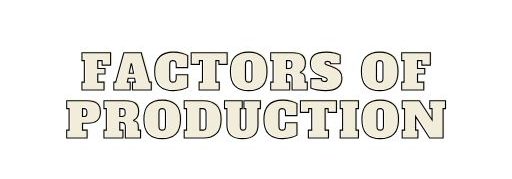


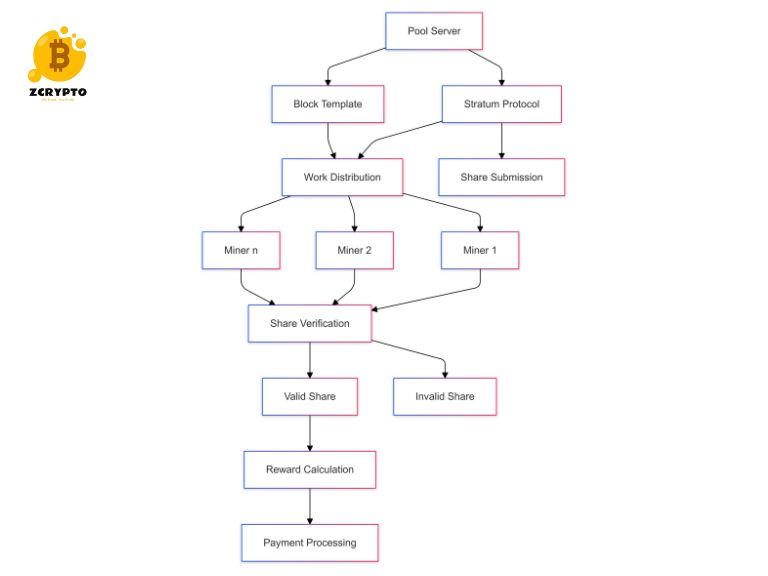
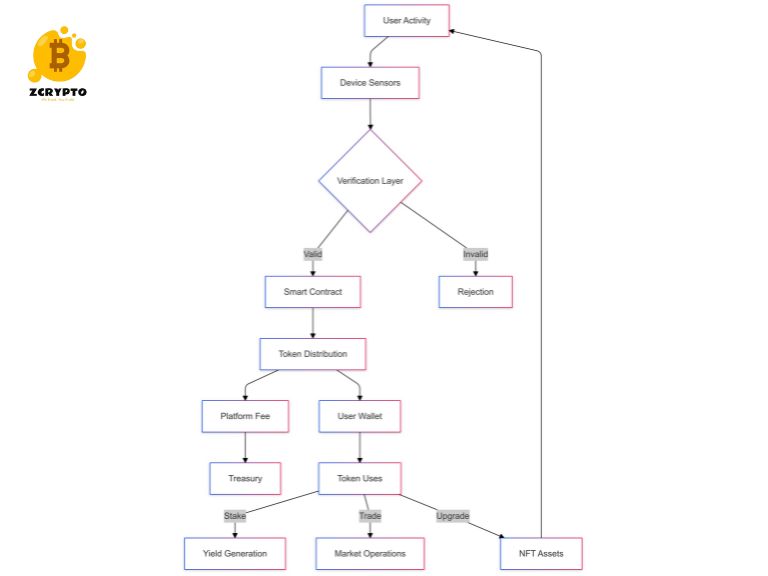
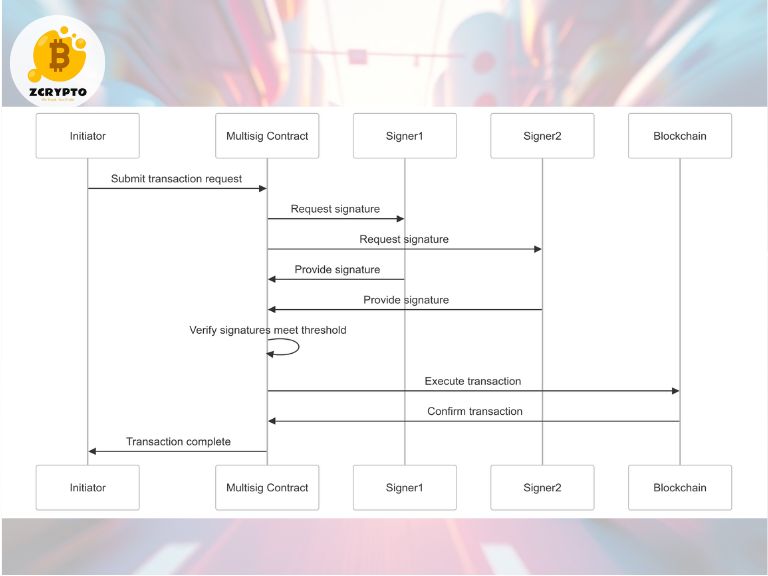
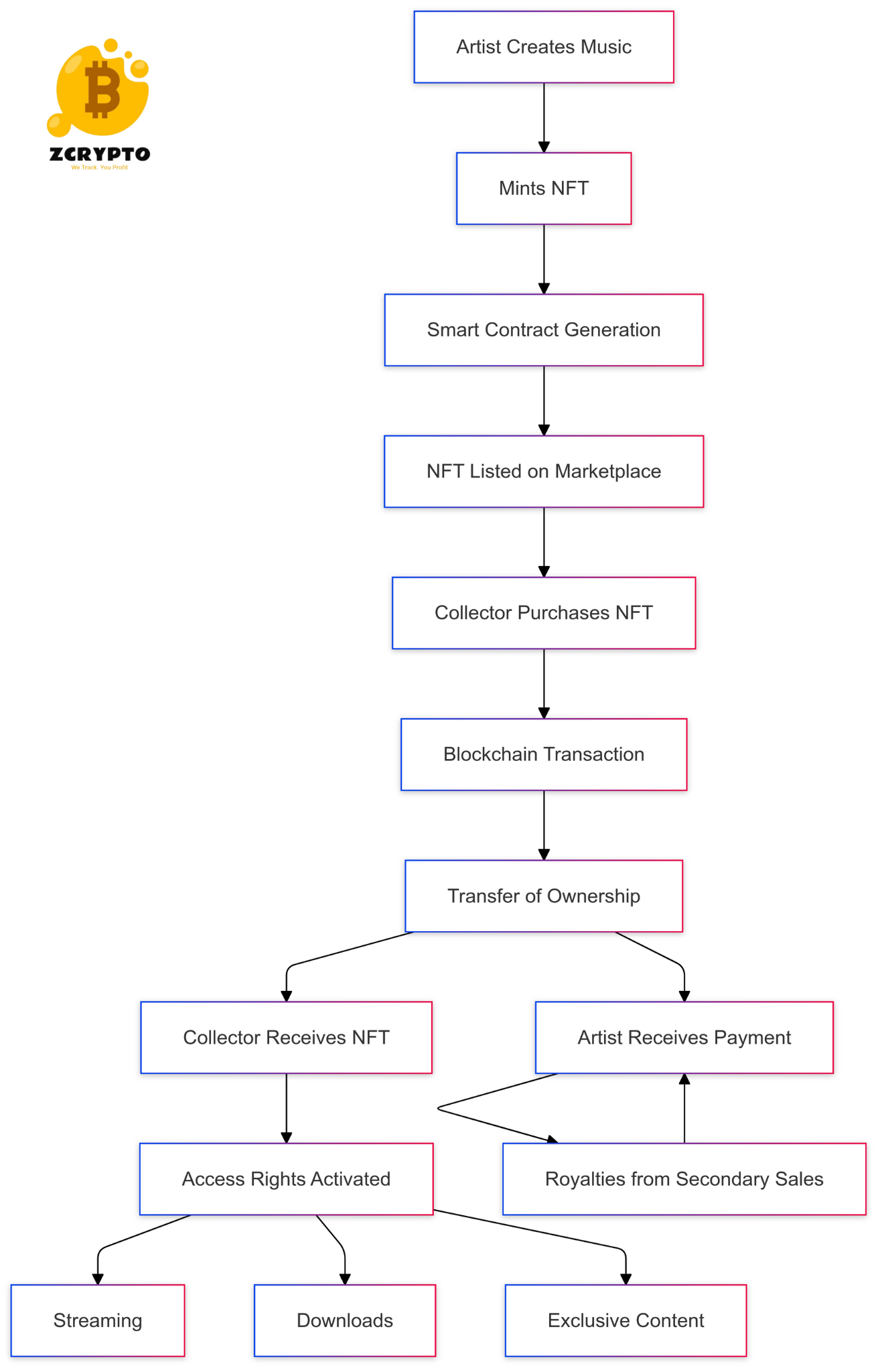






Leave a Reply